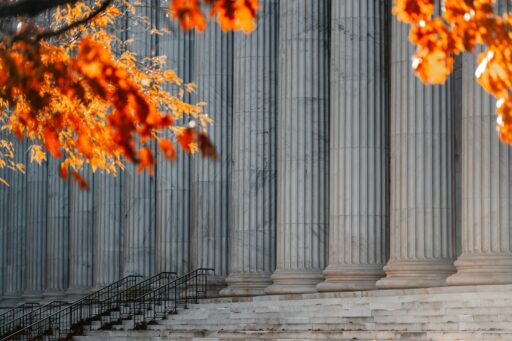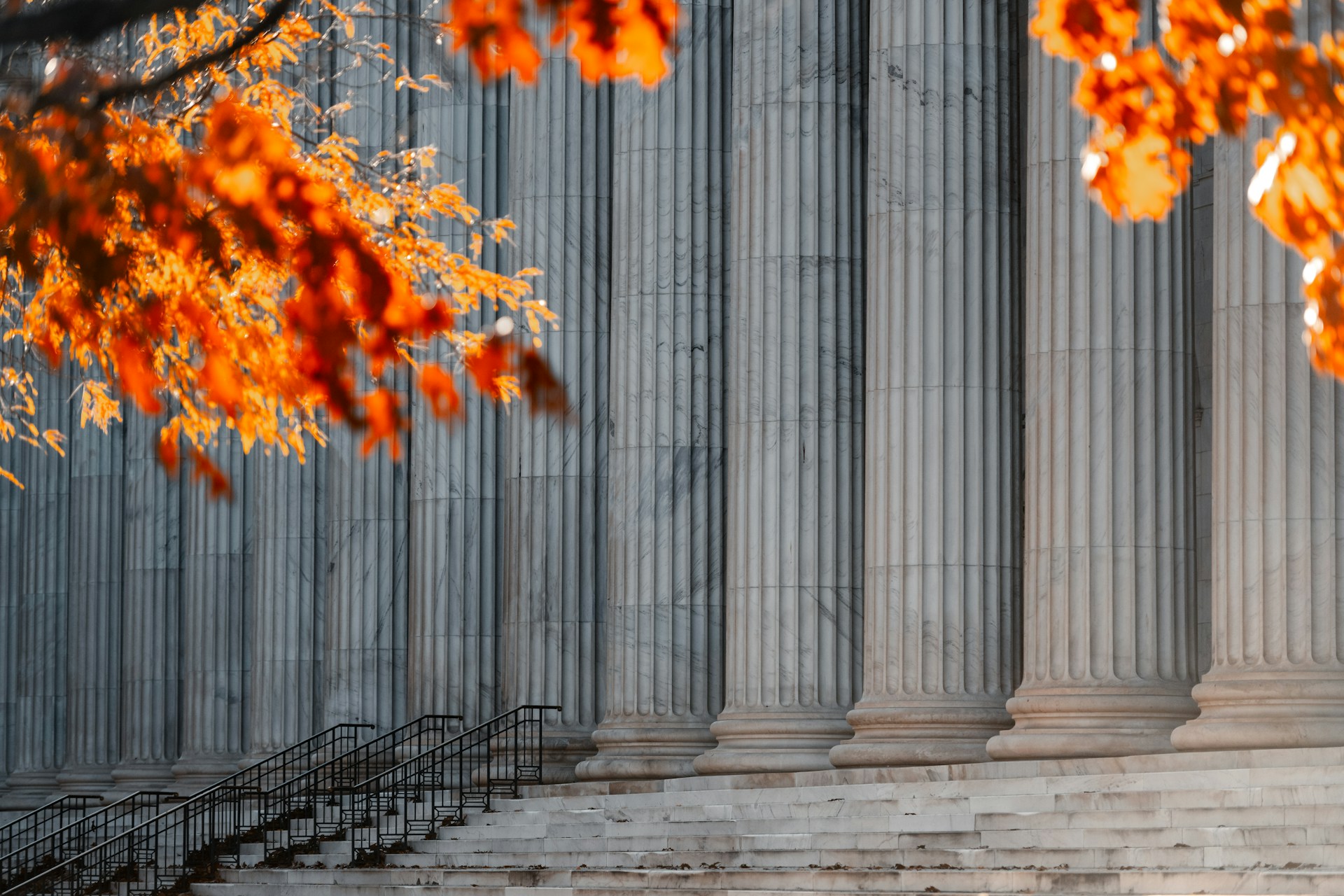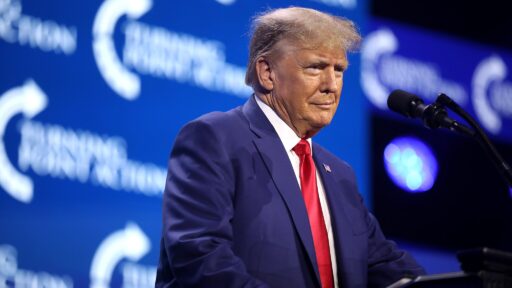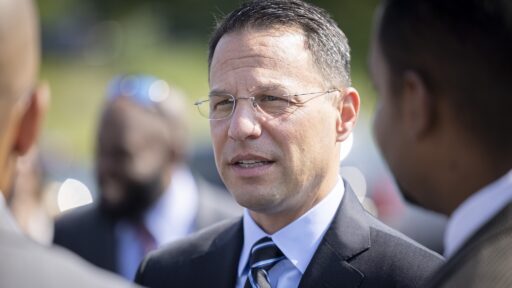This is absolutely insane.
In a striking legal development, the man accused of attempting to assassinate former President Donald Trump has requested the recusal of U.S. District Judge Aileen Cannon from his case. Ryan Wesley Routh’s defense team filed this motion, claiming that Judge Cannon’s appointment by Trump creates a conflict of interest that could compromise the perceived impartiality of the judicial process.
Routh’s attorneys submitted a detailed 10-page motion arguing that Judge Cannon’s recusal is necessary to maintain public trust in the legal proceedings. They emphasized that her lifetime appointment ties her to the alleged victim of the crime, which they argue could lead to public perceptions of bias. The motion pointedly noted, “The unique circumstances surrounding this case could create an appearance of partiality in the minds of the public.”
The 58-year-old Routh stands accused of trying to assassinate Trump at the former president’s golf club on September 15. He has pleaded not guilty to several serious charges, including the attempted assassination of a presidential candidate.
Interestingly, Routh’s case was assigned to Judge Cannon through a random selection process involving ten federal judges, underscoring the integrity of the judicial assignment. However, Routh’s legal team argued that even the perception of bias—no matter how unfounded—could be damaging, stating that “conspiracy theories have been based on less.”
Cannon is known for her recent ruling that dismissed a classified documents case against Trump, a decision the former president publicly praised. This acknowledgment has fueled Routh’s defense team’s concerns, suggesting that Trump’s admiration for the judge might influence public perception regarding her neutrality in this high-profile case.
In the backdrop of these proceedings, federal prosecutors have sought an indefinite delay in Routh’s trial, citing the extensive evidence collected since his arrest. They previously secured a trial start date of November 18, but the complexities of the case have led to requests for additional time. The implications of this case resonate beyond the courtroom, highlighting the intense scrutiny and divisive politics surrounding Trump’s legacy and the judicial system itself. As events unfold, the intersection of justice and public perception remains a critical focus for those invested in the rule of law and the integrity of our judicial processes.







